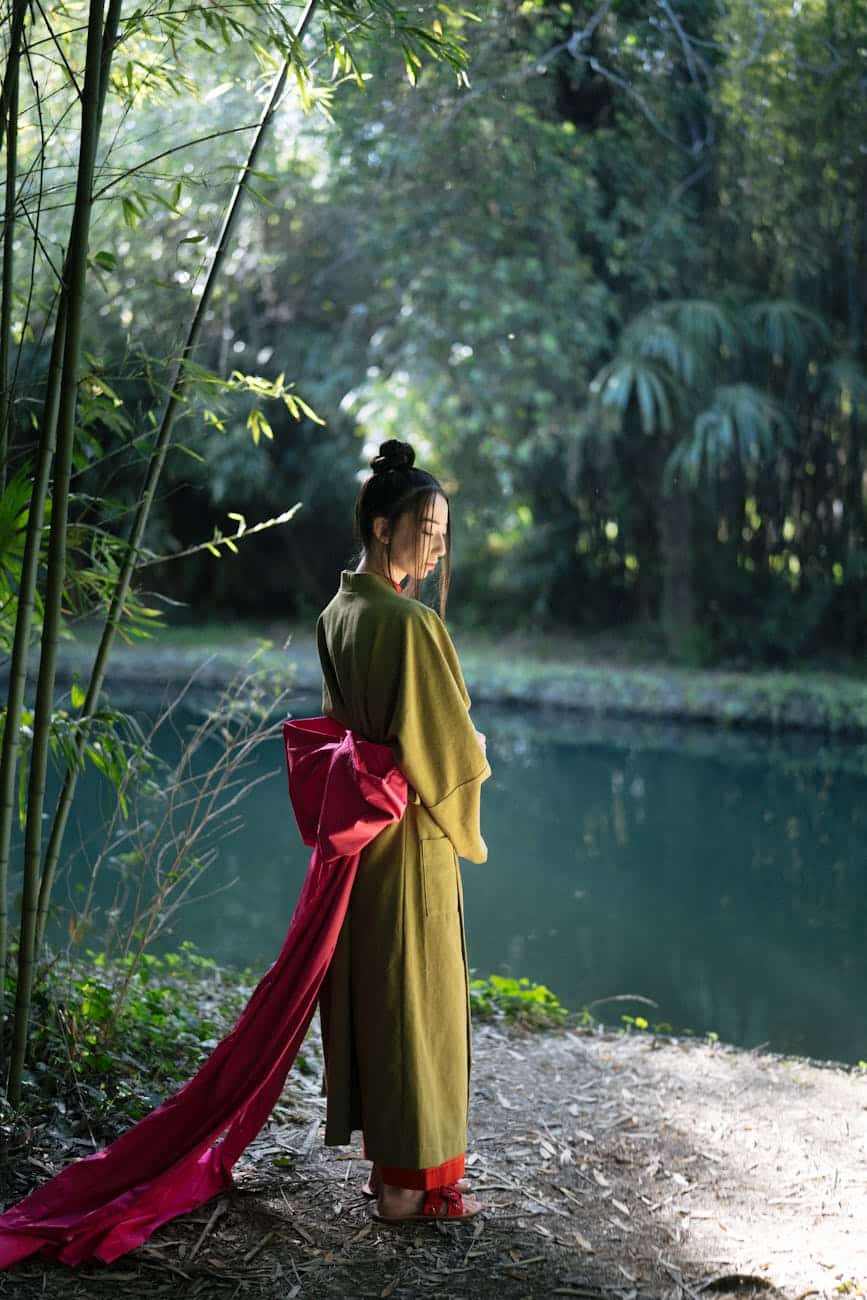Zen and Bonsai: A Harmonious Relationship
The philosophy of bonsai is deeply rooted in Zen Buddhism, which emphasizes mindfulness, simplicity, and harmony with nature. Zen teaches that true beauty lies in the simple and the small, and this principle is perfectly embodied in the art of bonsai. Cultivating a bonsai tree requires patience and attention to detail, fostering a meditative state that allows the artist to connect with the tree on a profound level. Each cut, bend, and twist is a deliberate act that brings the tree closer to its ideal form, reflecting the Zen pursuit of inner peace and balance. Explore your Zen practice with this meditation cushion.
The Aesthetics of Imperfection
A key aspect of the bonsai philosophy is the appreciation of “wabi-sabi,” the Japanese concept of finding beauty in imperfection and transience. Bonsai trees are not meant to be flawless or symmetrical; instead, their natural imperfections and asymmetry are celebrated as part of their unique charm. This perspective encourages bonsai artists to embrace the tree’s individual character and adapt their techniques to highlight its strengths and beauty. By working with the tree’s natural tendencies rather than against them, bonsai artists create living sculptures that reflect the impermanent and ever-changing nature of life itself. Enhance your bonsai display with these stylish pots.
The Mindful Practice of Bonsai
Practicing bonsai can be a deeply therapeutic experience, offering a respite from the fast-paced modern world. The process of caring for a bonsai tree, from watering and feeding to pruning and shaping, requires a mindful approach that fosters a sense of calm and focus. This mindful practice helps to cultivate patience and perseverance, qualities that are essential for personal growth and well-being. By engaging in bonsai, individuals can find a sense of purpose and fulfillment, connecting with nature in a way that is both creative and contemplative. Find your peace with this bonsai toolkit.


